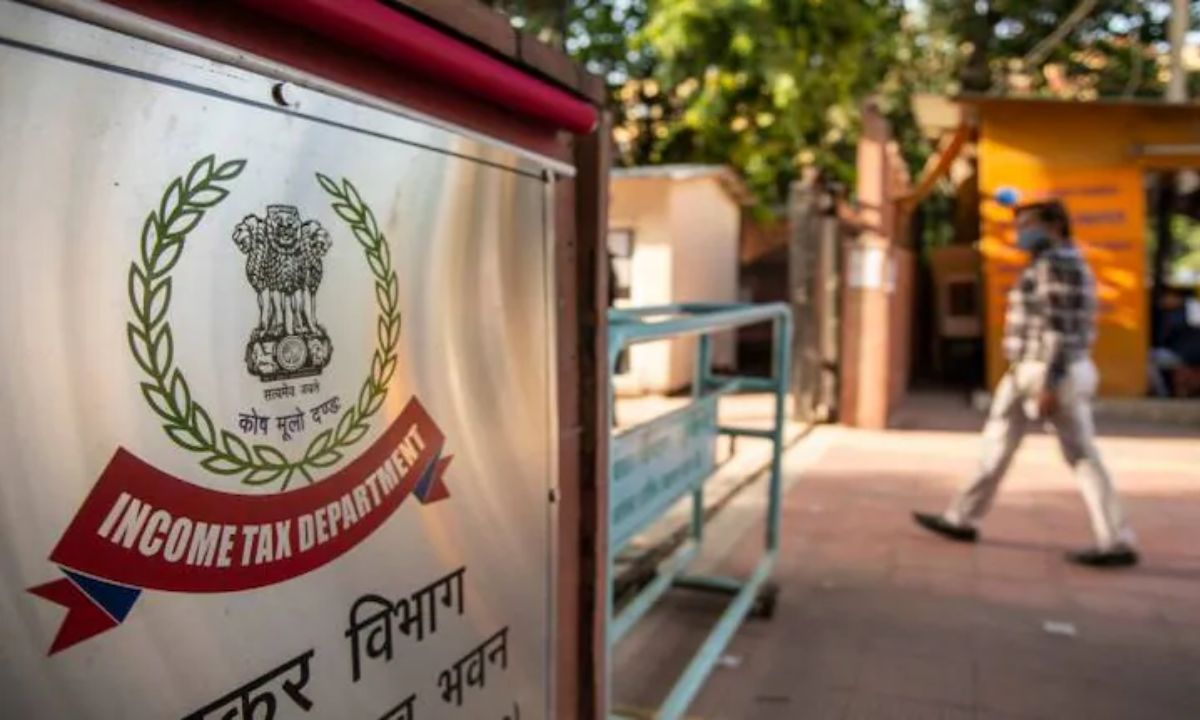Savings Account: These days, most people use their bank accounts for salary deposits, government schemes, and other financial transactions. Having a bank account is common, and it’s also important for digital transactions. But many people wonder how much money can be deposited in a savings account. Is there a limit? What happens if the cash balance exceeds the limit? Let’s break it down.
How much money can you deposit in a savings account?
Generally, there is no fixed limit on the amount you can deposit in a savings account. You can deposit as much money as you want. However, there is a limit set by the Income Tax Department when it comes to depositing cash in a savings account. The maximum amount of cash you can deposit in a savings account in a financial year is ₹10 lakh. If you deposit more than ₹10 lakh, you will have to report it to the Income Tax Department.

Why is the ₹10 lakh limit important?
Once your savings account balance exceeds ₹10 lakh in a financial year, the Income Tax Department will keep an eye on your account. Banks are required to send details of deposits above ₹10 lakh to the Income Tax Department. If you deposit more than ₹10 lakh without a proper source of income, you might face tax implications, and the department could send you a notice.
When does income tax apply?
If you deposit more than ₹10 lakh in your savings account, the Income Tax Department can bring you under its radar. If the source of your deposit doesn’t match your income, you might have to pay tax on that amount. It’s important to maintain a record of your deposits and explain the source of that money to the department if asked. If the deposit exceeds the threshold without a proper explanation, you may be subject to taxation.

What happens if the limit is exceeded?
If the balance in your savings account exceeds ₹10 lakh, the bank will report it to the Income Tax Department. You may receive a notice asking for the source of the money, and if it is not explained properly, you could be liable for taxes. It’s important to ensure that you are depositing money from legitimate sources and that it matches your declared income.
Conclusion
Now you understand that there is no fixed upper limit for deposits in savings accounts, but the Income Tax Department has set a ₹10 lakh limit for cash deposits in a financial year. If you exceed this amount, you need to report it to the department. Keeping accurate records of your deposits and explaining their sources will help you avoid any legal or tax-related issues.
Read More
Did Your ATM Transaction Fail? Follow These Simple Steps to Get Your Money Back
Earn ₹10 Lakh on ₹5 Lakh Investment with Kisan Vikas Patra Scheme, Here’s How
Closing Your Home Loan? Here Are 5 Key Actions to Protect Yourself
Dailynews24 App :
Read the latest News of Country, Education, Entertainment, Business Updates, Religion, Cricket, Horoscope Here. Read Daily Breaking News in English and Short Video News Covers.






















